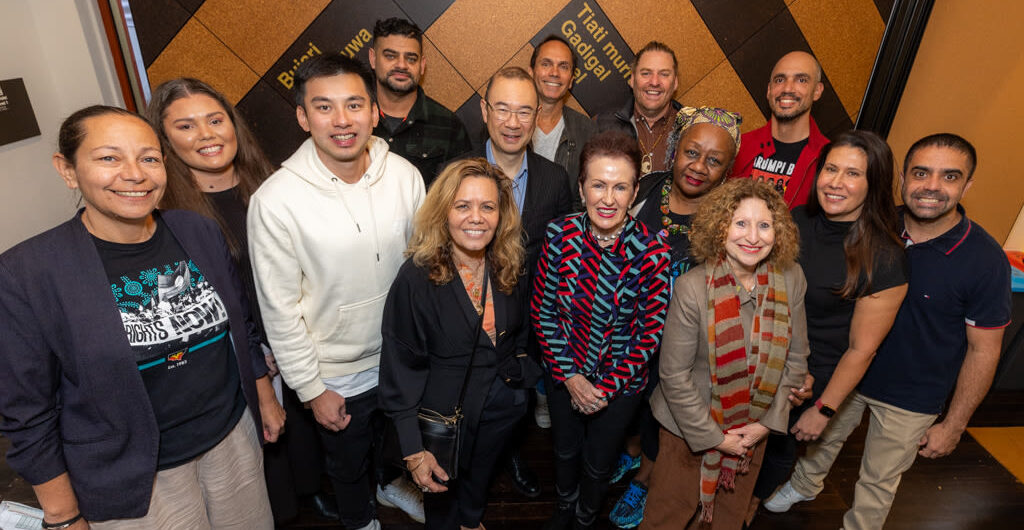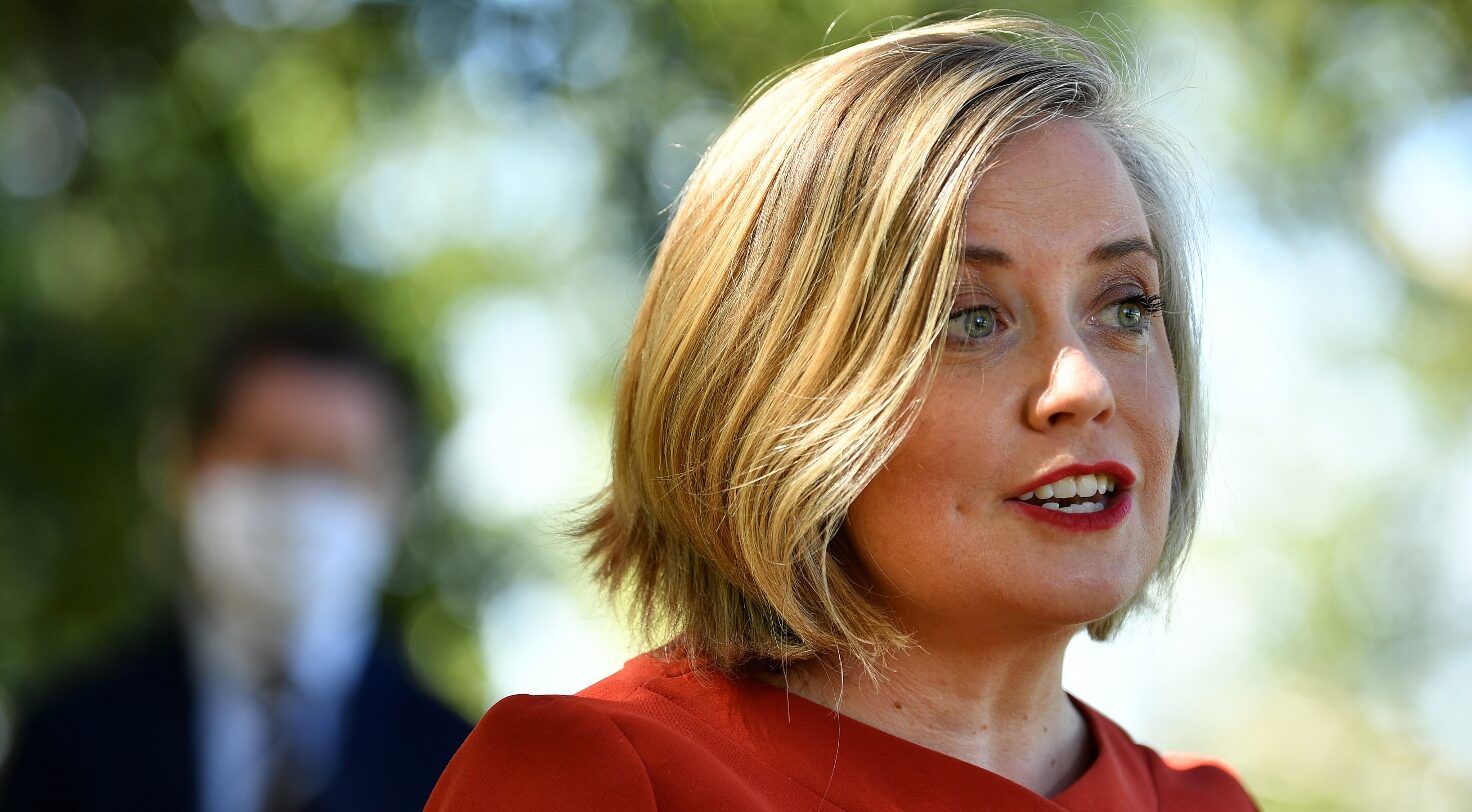
Plenty of 2020 Summit input from Sydney
By Mick Roberts
Plenty of Sydney faces will be among leading Australians taking part in the Federal Government’s 2020 Summit at Parliament House on April 19 and 20.
Eager to contribute her ideas to the Summit – which will bring together some of the best and brightest minds from across the country to tackle challenges confronting the nation’s future – will be Newtown academic and mother of two Dr Helen Irving.
‘I was really thrilled when chosen to be part of the Summit,’ she said.’There are some tremendously clever and fascinating people going to the Summit, and I am honoured to be able to be among them.”
One thousand participants were drawn from business, academia, politics, industrial organisations, and the media, as well as individual eminent Australians, to join in the Summit.
University of Sydney academics featured strongly in the list of delegates announced by Prime Minister Kevin Rudd last month, including the long-time Newtown resident Dr Irving.
Interestingly, more than 20 members of the university’s academic staff were chosen from the massive field of 8,000 nominations, as were four from Sydney’s University of Technology. Also participating will be Sydney Lord Mayor and NSW parliamentarian Clover Moore.
Ms Moore said the City of Sydney Council’s work to develop the Sustainable Sydney 2030 blueprint should provide the Summit with useful information.
She said she would be able to talk about Sydney’s role as the engine room of the national economy and the importance of ensuring it remains sustainable, continuing to be competitive in the global economy.
Dr Irving, who notably was involved in the push for an Australian republic, said she was eager to be part of the Summit, especially contributing to the future of Australian governance ‘ her specialised field.
Governance will be just one of 10 areas that the delegates will debate over their two days in Canberra.
Other areas will include future directions for the economy, population, climate change and national health strategies.
Under the Australian Governance theme, Dr Irving will lead a ‘stream’ of 25 people debating the country’s constituational future.
Dr Irving’s experience in the field is unquestionable. She teaches federal constitutional law, comparative constitutionalism and gender and constitution-making.
Dr Irving has consulted on governance for a number of television and radio documentaries, including for the National Archives of Australia, and Film Australia’s documentary ‘Federation’ in 1999. She has served as historical and constitutional advisor to public and governmental bodies, as well as Justices of the High Court of Australia. She is a frequent newspaper opinion writer and media commentator.
In 2003 Dr Irving received the Centenary Medal for services to the Centenary of Federation.
Dr Irving said she and her husband, Sydney University Professor of Philosophy Stephen Gaukroger, decided to make Newtown their home in the early 1980s at a time when the working class suburb was in a state of transformation.
‘Although Newtown has been gentrified, it hasn’t lost its bohemian edge,’ she said.
‘Newtown is dynamic, cosmopolitan, it’s got a real sense of community. I like the fact that it changes a lot, but you still feel stable here.’
The couple lives in tastefully renovated terrace where she says they happily go about their daily routines as ‘the old heterosexual couple of the street’.
Three main topics will dominate the debate on constitutional reform, Dr Irving predicts: Open Government, a Bill of Rights, Federalism and something close to her heart ‘ republicanism.
‘I don’t think you can talk about constitutional change in Australia without discussing republicanism,’ she said.
Dr Irving believes Australia as a republic will be an item high on the agenda, although she said she wouldn’t like to see it dominate the debate.
‘I would like to see a total reform of our constitution.
‘It will very difficult to get everyone agreeing on something in two days and it is going to be a challenge for those chairing the Summit,’ she said.
‘If there’s goodwill shown by the people going into it, the prospects [for positive outcomes] will be good. People must be committed to a common goal,’ Dr Irving said.









